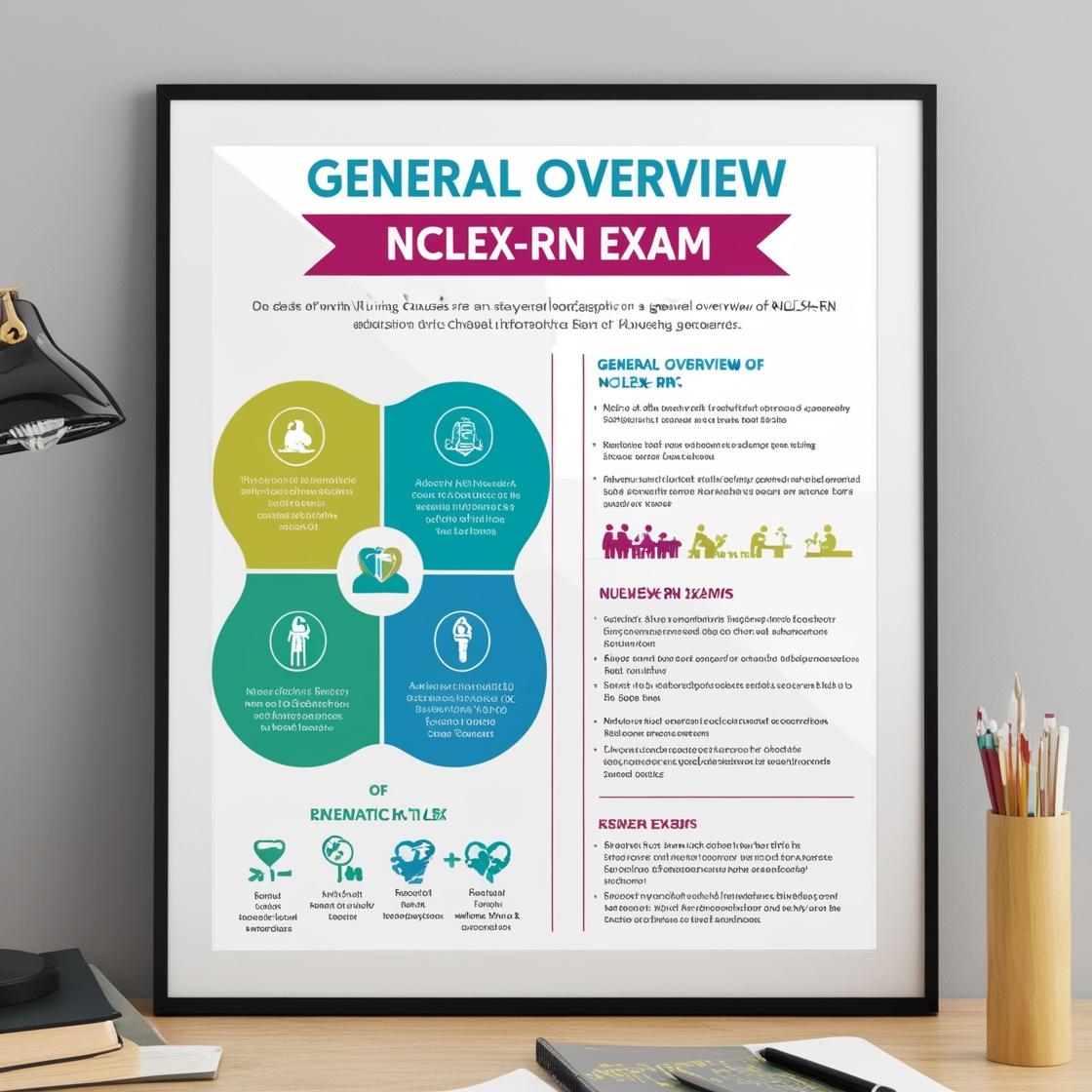NCLEX-RN
NCLEX RN Actual Exam Test Bank
1. A patient who is displaying the defense mechanism of Compensation would:
- A. Refuse to hear unwanted information.
- B. Transfer feelings of negativity to someone else.
- C. Overemphasize behaviors which accommodate for perceived weaknesses.
- D. Place blame on others for personal actions or mistakes.
Correct answer: C
Rationale: The correct answer is 'Overemphasize behaviors which accommodate for perceived weaknesses.' Compensation involves overemphasizing or exaggerating a particular behavior or trait to make up for or cover up perceived weaknesses in oneself. This defense mechanism allows individuals to focus on their strengths rather than acknowledging their shortcomings. Choices A, B, and D are incorrect. Refusing to hear unwanted information relates more to denial, transferring feelings of negativity to someone else is projection, and placing blame on others is an example of the defense mechanism known as externalization.
2. In the term 'Hemoglobin,' the suffix '-globin' means:
- A. Protein
- B. Iron
- C. Metal
- D. Blood
Correct answer: A
Rationale: The suffix '-globin' in the term 'Hemoglobin' specifically refers to a protein. Hemoglobin is a protein found in red blood cells that carries oxygen. Choice B, 'Iron,' is incorrect as iron is a mineral component of hemoglobin but not the meaning of the suffix. Choice C, 'Metal,' is too broad and not specific to the meaning of the suffix in this context. Choice D, 'Blood,' is incorrect as it refers to the overall term 'Hemoglobin' rather than the specific meaning of the suffix '-globin.' Therefore, the correct answer is A: 'Protein.'
3. What term is used to describe the sexual response changes among middle-aged men?
- A. Menopause
- B. Climacteric
- C. Generativity
- D. Maturity
Correct answer: B
Rationale: The correct answer is 'Climacteric.' Climacteric specifically refers to the period in middle-aged men characterized by sexual response changes, such as delayed arousal. Menopause, choice A, is incorrect as it is specific to women and marks the cessation of menstrual periods. Generativity, choice C, is unrelated as it refers to the concern for guiding the next generation. Maturity, choice D, is too broad and generally refers to reaching the adult stage of development, not specifically addressing sexual response changes in middle-aged men.
4. What does the term 'Afferent Nerve' mean?
- A. Carrying an impulse to the brain
- B. Carrying an impulse away from the brain
- C. Carrying impulses to the motor neurons of the appendicular muscles
- D. None of the above
Correct answer: A
Rationale: The correct answer is 'Carrying an impulse to the brain.' Afferent nerves are sensory nerves that carry signals from sensory receptors towards the central nervous system, including the brain. Choice B, 'Carrying an impulse away from the brain,' is incorrect as this describes efferent nerves which carry signals from the central nervous system to muscles and glands. Choice C, 'Carrying impulses to the motor neurons of the appendicular muscles,' is incorrect as it describes a different type of nerve function. Choice D, 'None of the above,' is incorrect as the correct definition of afferent nerve is indeed 'Carrying an impulse to the brain.'
5. Which body plane divides the body into right and left sides?
- A. Frontal Plane
- B. Medial Plane
- C. Median Plane
- D. Transverse Plane
Correct answer: C
Rationale: The correct answer is the Median Plane, also known as the sagittal plane. It divides the body into right and left sides. The Frontal Plane, or coronal plane, divides the body into front and back sections. The Transverse Plane divides the body into superior (upper) and inferior (lower) sections. Therefore, choices A, B, and D are incorrect as they do not specifically divide the body into right and left sides.
Similar Questions

Access More Features
NCLEX RN Basic
$69.99/ 30 days
- 5,000 Questions with answers
- Comprehensive NCLEX coverage
- 30 days access @ $69.99
NCLEX RN Premium
$149.99/ 90 days
- 5,000 Questions with answers
- Comprehensive NCLEX coverage
- 30 days access @ $149.99
